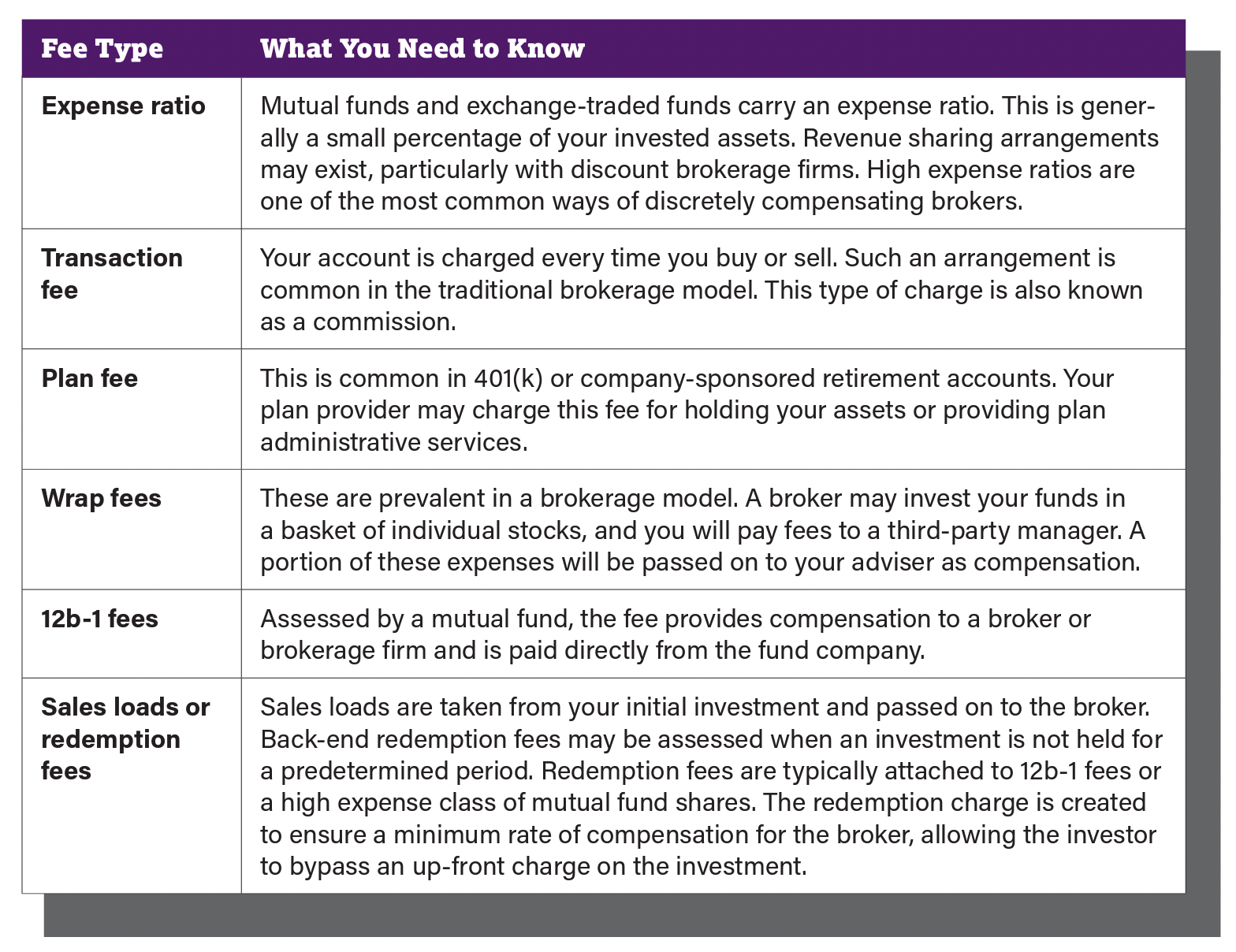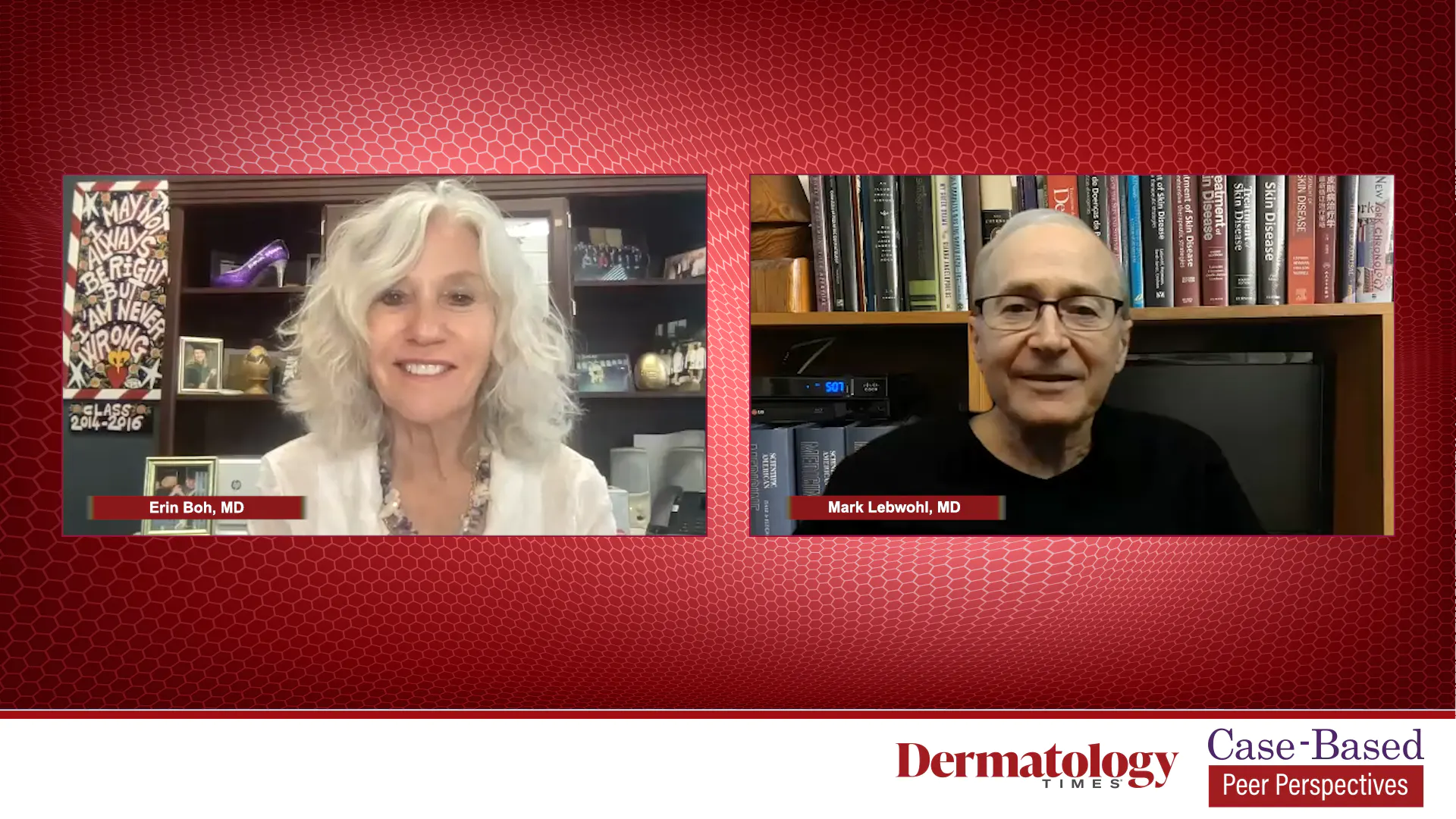- Acne
- Actinic Keratosis
- Aesthetics
- Alopecia
- Atopic Dermatitis
- Buy-and-Bill
- COVID-19
- Case-Based Roundtable
- Chronic Hand Eczema
- Chronic Spontaneous Urticaria
- Drug Watch
- Eczema
- General Dermatology
- Hidradenitis Suppurativa
- Melasma
- NP and PA
- Pediatric Dermatology
- Pigmentary Disorders
- Practice Management
- Precision Medicine and Biologics
- Prurigo Nodularis
- Psoriasis
- Psoriatic Arthritis
- Rare Disease
- Rosacea
- Skin Cancer
- Vitiligo
- Wound Care
News
Article
Dermatology Times
Understanding Your Investment in a Financial Adviser
Author(s):
It is important to know about any and all fees one is being charged because the transparency of the fee is a sign of an ethical business model.
Choosing an adviser is one of the most important financial decisions dermatologists can make. A skilled, experienced professional can secure solid investment returns, help to reduce taxes and protect assets from liability, assist in garnering the proper insurance, map out a long-term financial plan, and alleviate much of the stress that comes with finances. A suboptimal adviser can come up short in many or all of these areas; an unethical one can even be ruinous to the physician. As such, it is crucial to find an adviser—or advisory team—with expertise in a wide range of financial disciplines and a track record of success.
In addition, it is essential for a dermatologist to understand exactly how a financial adviser is paid. This is important not only in order to know about any and all fees one is being charged, but also because the transparency of the fee is a sign of an ethical business model. No physician should work with an adviser who is vague or misleading about how they will be paid.
Unfortunately, there is a level of opaqueness to adviser fees and investment product costs that the financial industry has cultivated for decades. To combat this, we thought that a short article on how such fees and costs would be valuable. This article sheds light on these fees and costs and may help dispel any misperceptions physicians may have about how their advisers are paid. For more details, please request or download our free books as offered below.
Financial Adviser Fees
The financial industry has 3 basic models for adviser compensation.
Fee only: This is an advisory fee based on a percentage of assets under management. The advisory fee typically ranges from 0.5% to 2% of the amount invested; the rate is generally influenced by asset size and services provided.
Commissions: This is a sales load or transaction fee tied to the product sold to the investor. The potential for a conflict of interest occurring does exist—a broker could be tempted to recommend an investment offering the highest personal payout.
Fee-based: Advisers receive compensation from either model. The adviser may choose which method of pay or provide the client with an option to determine how they would like to pay for advice.
Some investors, including many doctors, are uncomfortable discussing fees and asking how an adviser is compensated for services provided. But discussing fees with your adviser is not unreasonable. It should be encouraged and be part of any routine review of your financial plans. Advisers should be able to provide a clear and concise description of how they are paid. If your adviser cannot clearly explain his or her fees and compensation, you should reevaluate the relationship.
Other Fees and Costs
Other than the fee your adviser charges, you might be subject to additional fees as an investor. Whether you utilize an adviser or not, you likely are paying several of the following fees:

The various types of fees can be confusing, so it may be helpful to review a simple case study.
Case Study: Commission vs Fee
Client A contacts his broker and expresses an interest in investing $50,000 in US growth stocks. The broker invests the client assets in Fund XYZ, which charges a sales load of 2.75% with operating expenses of 0.68% annually ($340 on a $50,000 investment). The client will immediately pay a 1-time fee of $1375 on the trade on top of the recurring fund management fee.
Client B contacts her registered investment adviser with the same request. The investment adviser purchases an exchange-traded fund (ETF) with a gross expense ratio of 0.18% ($90 annually on a $50,000 investment) and pays no commission on the trade. This client pays her adviser a management fee of 1% of the assets, which equates to $500 per year on $50,000.
In our realistic example, the front-loaded fees and higher fund expenses paid by Client A are significant enough that it would require a commitment of nearly 6 years to this fund family before that commission is equal to the sum of advisory and ETF fees paid by Client B.
Conclusion
Obviously, the comprehensive list of fees and expenses a dermatologist could pay his or her adviser is extensive. It is easy to see why many investors are confused and frustrated with their attempts to determine the cost of their advisory relationship. Nonetheless, it is essential that all investors, including physicians, gain a clear understanding of what they pay their financial advisers.

David Mandell, JD, MBA, is an attorney and author of more than a dozen books for doctors, including Wealth Planning for the Modern Physician. He is a partner in the wealth management firm OJM Group (www.ojmgroup.com).
Bob Peelman, CFP, is a partner and director of wealth advisers. They can be reached at 877-656-4362 or mandell@ojmgroup.com.
Disclosure
OJM Group, LLC (“OJM”) is a US Securities and Exchange Commission (SEC)–registered investment adviser with its principal place of practice in the state of Ohio. SEC registration does not constitute an endorsement of OJM by the SEC nor does it indicate that OJM has attained a particular level of skill or ability. OJM and its representatives are in compliance with the current notice filing and registration requirements imposed upon registered investment advisers by those states in which OJM maintains clients. OJM may only transact practice in those states in which it is registered or qualifies for an exemption or exclusion from registration requirements. For information pertaining to the registration status of OJM, please contact OJM or refer to the Investment Adviser Public Disclosure website www.adviserinfo.sec.gov.
For additional information about OJM, including fees and services, send for our disclosure brochure as set forth on Form ADV using the contact information herein. Please read the disclosure statement carefully before you invest or send money.
This article contains general information that is not suitable for everyone. The information containedherein should not be construed as personalized legal or tax advice or as a recommendation of any particular security or strategy. There is no guarantee that the views and opinions expressed in this article will be appropriate for your particular circumstances. Tax law changes frequently; accordingly, information presented herein is subject to change without notice. You should seek professional tax and legal advice before implementing any strategy discussed herein.

Newsletter
Like what you’re reading? Subscribe to Dermatology Times for weekly updates on therapies, innovations, and real-world practice tips.
































